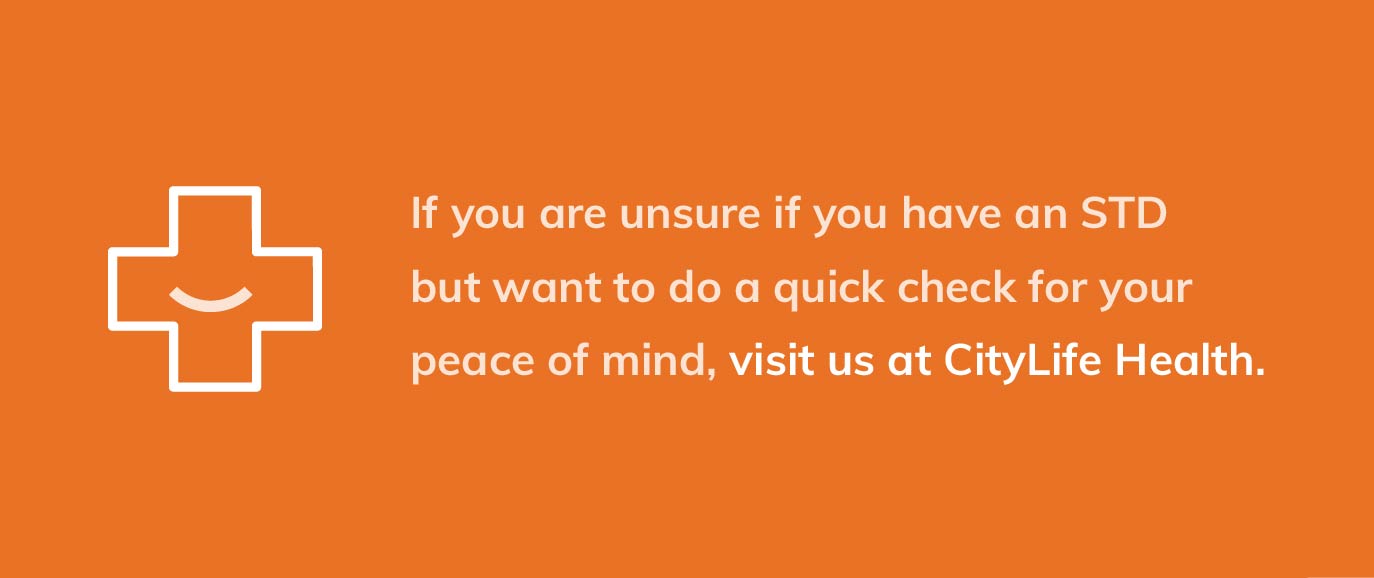Table of Contents
Get examined if: you're concerning to start a brand-new relationshipyou and your companion are thinking about not utilizing condoms or other barrier methods of birth controlyour companion has cheated on youyou or your partner have multiple companionsyou have symptoms that recommend you might have an STIIf you're in a lasting, equally monogamous relationship and both you and your companion were examined before going into the relationship, you may not need normal STI screening. If that's the situation for you and your companion, one or both of you may have been living with an undiagnosed STI for several years. The best selection is to get tested. Talk with a medical professional if you're worried regarding a certain infection or symptom. The even more sincere you are, the far better therapy you can get.
Expectant people also require to make testing a concern, as STIs can influence the unborn child. Your doctor should screen for STIs, to name a few points, at your first prenatal go to, consisting of syphilis, HIV, liver disease B, and liver disease C.In addition to the above, the CDC supplies the following for that and when somebody ought to evaluate.

Sexually active females under 25 years of ages must be checked for gonorrhea and chlamydia annual. Females that are 25 years and older with multiple sexual companions or partners with a STD should obtain tested for gonorrhea and chlamydia yearly.People with a high danger maternity must be checked for gonorrhea and chlamydia in very early maternity.
Anyone who practices sex that can put them in jeopardy of infection or that shares medicine injection tools should obtain tested for HIV yearly. There are a number of various STIs, and specific variables like your birth-assigned sex and sexual history entered play when choosing which to get evaluated for.
Some individuals opt to use at-home sexually transmitted disease screening packages. These packages enable you to examine in your home's privacy by giving examples and sending them back to a laboratory for testing. If you test positive for an STI, your next action would certainly be to contact a healthcare expert. Many STIs can be identified with pee or blood examples.
Should I Get An Std Test in Charlotte, North Carolina

Some STIs can come without symptoms, it's still excellent to watch for any indicators of infection, even if they are extremely mild. For instance, it is very important to allow a physician know if you have actually noticed any type of modifications on or around your genitals. If you have rectal sex, also let them find out about any adjustments on or around your rectum and rectum.
It's a great idea to take into consideration just how you want to inform your partners while factoring in safety if that's an issue.
If you go with a face-to-face conversation rather, it might be handy to have appropriate research and sources handy. By doing this, you can respond to any concerns and talk about points with your companion, including therapy options, risks, incubation durations, etc. It's also alright to really feel a wide array of feelings if you evaluate favorable.
Depending on the Sexually transmitted disease, you may have to wait numerous days after therapy prior to resuming sex-related task. The examinations can vary depending on which STIs your medical professional is examining for.
Medical professionals can also advise appropriate treatment options if you test positive for any STIs.
The good information is that several of these situations are quickly detected and easily dealt with. Because routine Sexually transmitted disease testing plays a huge function in stopping the unintended spread of Sexually transmitted diseases, it's crucial to stay get tested consistently.
That's why our healthcare experts at Medical care Walk-in Medical Center suggest you come in to see us if you're due for a regular test. Our physicians at Primary Treatment Walk-in Medical Facility are pleased to clarify the common testing timetables and the possible next actions if you have an SEXUALLY TRANSMITTED DISEASE.
There isn't simply one kind of STD examination though. Depending upon the illness being tested, the test could be a swab, a pee sample, or a blood examination. With each other, these examinations can detect human immunodeficiency infection (HIV), syphilis, chlamydia, gonorrhea, hepatitis B, and herpes (genital blemishes). Exactly how frequently you require testing relies on a number of variables including: Age and sex Sexual preference Whether you're pregnant Your sexual background and relationship standing makes a difference, also, depending on if you remain in a virginal connection versus having numerous companions.
Rapid Std Testing in Charlotte, North Carolina
Do you require yearly screening? Annual screening (at least for chlamydia) is recommended by the CDC for all adults who engage in sex at least when because provided year. You might take advantage of annual sexually transmitted disease testing if: You're between the ages of 13 and 65 and participate in sexual activity You've never had a STD examination prior to You remain in a committed, virginal relationship You exercise safe sex The very best means to protect on your own (and your companions) is to remain on top of your testing, and often yearly screening isn't sufficient.
Examining at periods as frequently as every 3-6 months may benefit you if you: Are a sexually energetic gay male Are bisexual Have multiple sex-related partners Have confidential sexual companions Practice unsafe sex Note: Remember these are just standards, and one of our caring health care companies can review the specifics of interval testing with you.
Navigation
Latest Posts
Rapid Std Testing
Std Testing
Do I Need An Std Test